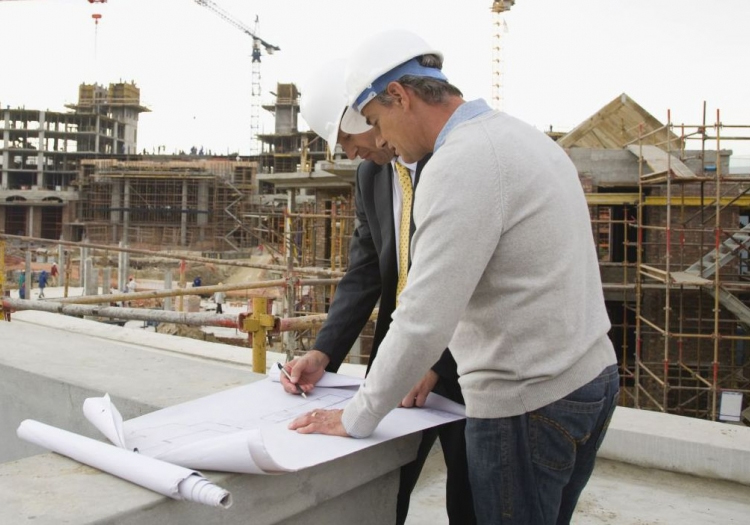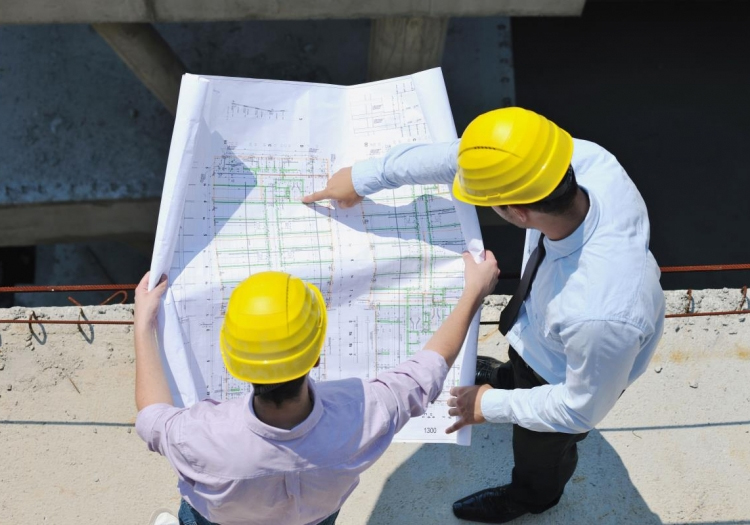
Mechanical Design in Commercial Buildings
Sustainable engineering involves the smart, effective design and production of goods and services while using the resources of our planet efficiently; this includes constructing buildings responsibly and ultimately producing less waste. Engineers work closely with all interdisciplinary fields to understand each variable involved within a building project. The design priorities in engineering include using renewable and recyclable materials, utilizing the latest innovative technologies, reducing waste in manufacturing, and improving building processes by using fewer resources. By creating designs that use less energy, emissions can be reduced in order to comply with regulatory standards.
The negative impact that various industrial and commercial buildings have had on the environment means the construction industry must come together across the globe to meet growing efficiency requirements, more onerous carbon foot print thresholds and abstain from exhausting our natural resources. In Ireland, there has been even more progress, specifically in the commercial building sector, following the COP21 agreement. Leaders in business have recently come together to begin developing an action plan in the building sector, with the goal of reducing Ireland’s carbon emissions.
Mechanical Engineering plays a pivotal role in the design changes needed for a sustainable future. Sustainable design requires engineers to work closely with and give input to the Architectural discipline. This design collaboration is imperative to the development of a successful low energy use building design, minimizing the use of fossil fuels while using passive and renewable energy effectively. Such design input primarily would include analysis and giving guidance on the desired building form to ensure where practicable;
- effective use of natural ventilation strategies
- effective natural daylight use is achieved
- effective use of solar gain while avoiding overheating
- effective use of the building thermal mass
- use of air conditioning systems only where unavoidable and incorporating a mixed- mode strategy if possible to reduce its use during the occupied period.
All to provide a comfortable energy efficient building. Incorporation of renewable systems and innovative technologies is another important aspect of Mechanical Engineering to provide an energy efficient design. Such aspects where viable for example would include the incorporation of solar thermal systems, combined heat and power systems, ice bank technology, latest efficient motors complete with variable speed control, energy recovery systems, demand control ventilation strategy incorporation, use of integrated façade management systems and correct application of intelligent building energy management control systems
The proper installation and operation of mechanical and electrical systems are important undertakings in achieving environmentally sound buildings while maintaining required building comfort conditions. Mechanical Engineers also work to enhance the long-term value of buildings by using innovative strategies, the latest technologies, and intelligent energy management approach. From heating and ventilation, to electrical and plumbing systems, effective energy efficient viable solutions are needed to design the most conducive and cost effective environment, both inside for our buildings and outside for our planet.

